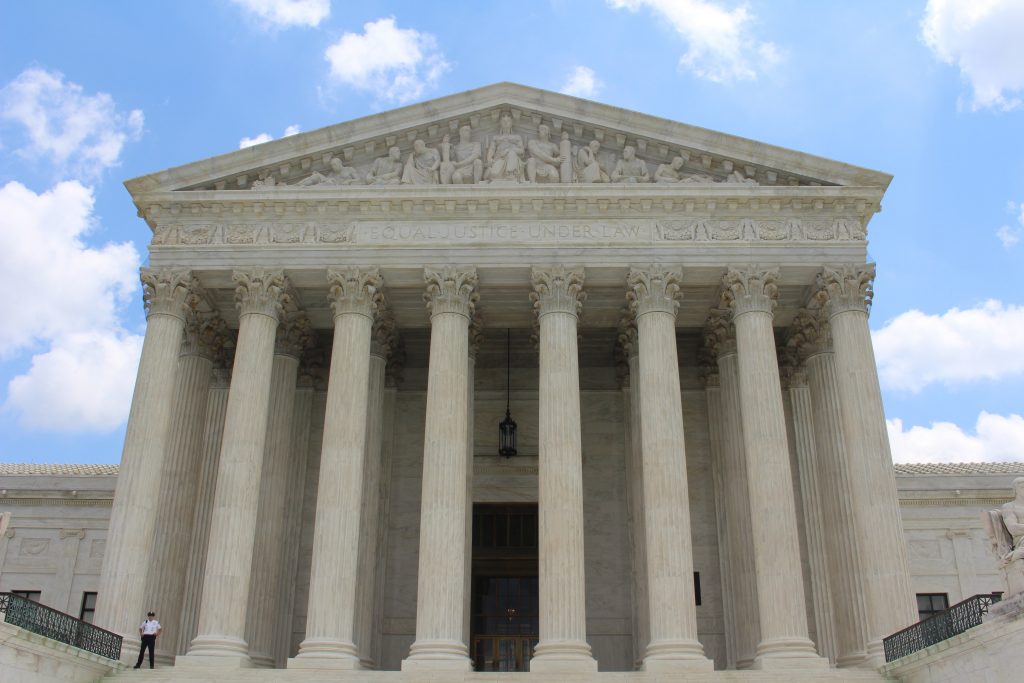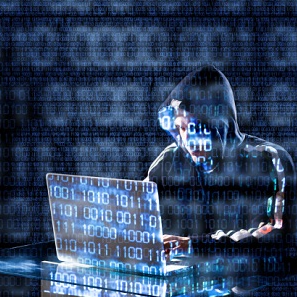
Federal courts are getting ready to gradually reopen after shutting their doors and holding remote proceedings during the COVID-19 pandemic.
Judiciary officials are advising federal courts to take the lead from local authorities as they move to in-person proceedings.
The Administrative Office of the U.S. Courts provided the guidelines to federal courts Monday, leaving each jurisdiction to decide how to proceed in the gradual reopening process, just as courts also made individual decisions to move to remote work as the pandemic spread across the country.
While some courts are considering reopening, many “are not close to this process yet as the pandemic continues to have a severe impact in their communities,” said AO Director James Duff in a memo to judiciary staff announcing the guidelines.
Duff noted the judiciary would be providing additional guidance in the future, including “details on resuming grand jury and petit jury proceedings, the potential of utilizing COVID-19 testing for employees and the public before entering the facilities, accommodating employees who must rely upon mass transportation, and the potential for requiring the use of face coverings and masks in the buildings.”
“There are differing views about how to manage each of these challenging issues, and our task force is working on consensus, or at least options, for recommendations,” Duff added.
Duff also said the judiciary’s existing task force on COVID-19 created a subgroup of court executives and chief judges on restarting jury trial proceedings. “Issues such as testing potential jurors, social distancing considerations during jury assembly, voir dire, jury deliberations, and many others are being considered. Guidance on these issues will be forthcoming,” Duff wrote.
The reopening process includes four phases. Some courts are already in the first phase with courthouses closed to the public, employees working remotely, and essential proceedings moving ahead.
In phase two, on-site court proceedings will be increased and staff in court buildings “should continue to maximize physical distance from others,” but employees at risk should continue teleworking. Court officials are told to “make operational preparations for a significant increase in filings and other court proceedings (i.e., grand jury) that will likely occur during this phase; emphasis should be on accepting filings remotely to the greatest extent possible.”
Phase three, the memo says, will allow in-person, public proceedings, but vulnerable individuals should keep a 6-foot distance from others. Large public spaces in courthouses can reopen, “but under limited 6-foot physical distancing protocols until CDC rescinds guidance and additional mitigation measures are approved government-wide.”
During phase four the courts are expected to be at full functionality after health officials announce the virus is suppressed within the United States.
Some of the factors courts are told to consider before starting the reopening process are whether the number of total daily COVID-19 diagnoses fall over two weeks, if their courts have had confirmed or suspected cases of the virus within their own facilities, and if there are still local restrictions like stay-at-home orders.
Local court officials are also told to prepare for the possibility of returning to tighter restrictions “if conditions significantly worsen or there is a resurgence of local COVID-19 cases.”
“Because each state and municipality is in a different posture in the fight against COVID-19, each circuit and district will have to make local decisions on operational status based on the jurisdiction’s current COVID-19 case count and local stay-at-home and quarantine orders. This national guidance is designed to help facilitate decision-making at the local level,” the guidelines read.
As the pandemic has forced the closure of courthouses to prevent the spread of the virus, the majority of federal courts in the U.S. are now holding remote proceedings.
Duff also said in the in Monday’s memo, the federal judiciary is concluding a proposed legislative package for additional funds for the courts, to be considered in Congress’ next COVID-19 relief package.
“Staff are regularly briefing and answering questions from congressional staff on the judiciary’s response to COVID-19 and the status of court operations,” Duff wrote.















































